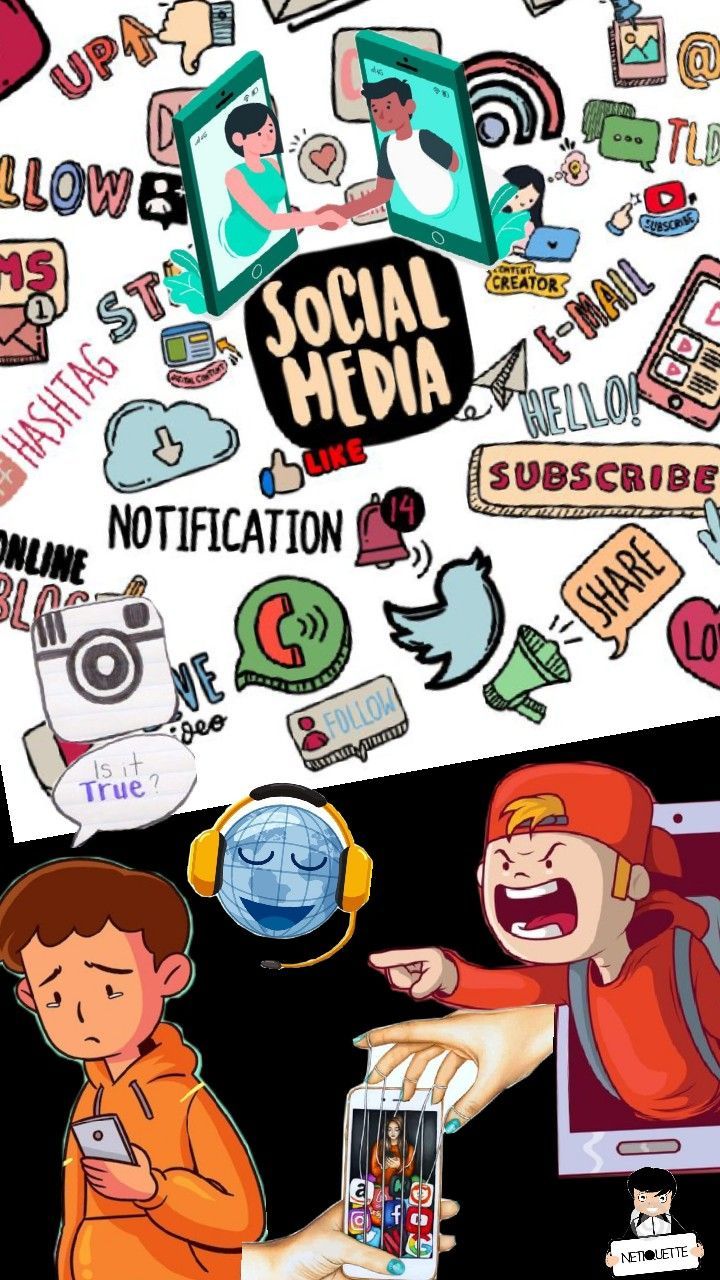
Teenage, puberty, hormones and energy - combating with midlife, perimenopause, hormonal changes, responsibilities - seems a tough battle with wins and losses every day.
This is the time your teenager needs you the most because he/she doesn't understand what is happening in his body - the new feelings, the changes, the peer pressure, bullying, educational system pressure (if your child goes to conventional school).
Right from when a child is born, the first go to person is the parent or the primary care giver for any need - physical, emotional, mental, financial. The only reason it changes and approaches others is when the parent is emotionally unavailable or is so traumatised with his own journey of life that he cannot be a contribution to the childs' life. Often in such cases even if the child does wish to reach out to the parent, the bond is so trauma ridden, that the childs' subconscious wiring tells him to either not approach the parent in fear of being judged or abused. A lot of educated modern parents may deny this but consider reading on to understand abuse better.
Modern Urban Abuse from parents to child may verbally look like -
1. You have to make your life on your own; we can support you only till school/ college - Responsibility in the form of Abuse - not having the childs back.
2. Money doesn't grow on trees. I work hard for it; I cannot afford it. - Financial Abuse
3. I have to go out (socialising); I do not have time for this. (playing/listening/talking/reading with the child) - Emotional Unavailability.
4. Go ask your father / mother, I do not have the time - Evading Responsibility
5. Infidelity- making someone else more important than spouse - Relationship Abuse.
6. Constant disagreement between parents causing child to have no true value system - Emotional Abuse/ Confusion.
7. Parents leaving child in others care for extended periods of time - Abandonment Wound.
8. Father being a satellite parent - Father Wound.
9. Mother dismissing her priority of nurturing and keeping busy in social circles or even at work - Mother Wound.
10. Parents openly lying to the child thinking the child doesn't understand - Betrayal Wound.
11. Parents giving up their own accountability when their child misbehaves during interactions using destiny or fate as an excuse - Religious/Spiritual Abuse.
Many more such examples of continual abuse that the child goes through right from birth leads to deep repression of feelings and emotions. Expression is more often not allowed under the facade of manners, value systems, and discipline. Unconditional love and kind presence is replaced with manipulation and control. A lot of counsellors and coaches and friends teach parents techniques to manipulate the children, reiterating the trauma. The cause of abuse is not Intentional Bad Parenting. It is unwillingness of parents to see their own wounds and unknowingly wounding the child - The Generational Trauma Cycle. Most parents do to children what is done to them. It is fear based parenting not love based. From a very early age, the child learns who is in charge, in the house and is conditioned to please the parent who is.


As teenage appears, a new found confidence in who or what the child is also births. The teenager seeks to explore and satiate his existential needs of expression, being needed, caring for others, finding a purpose, being able to fulfil himself in various ways (emotional and physical). The teenager is no more physically dependent on the parent/caregiver and is largely ready to explore the world. His curiosity leads him to explore sexuality, addictive substances, various experiences, hobbies and tasks.
If a parent has missed bonding time with the little child, he gets yet another chance to bond when the child enters teenage. Whether it is Gen Z, Gen Alpha or Gen Beta, the teenage expression just asks to be acknowledged, heard and seen not judged and reacted to. If the millennial parent is able to be present with his teenager, acknowledge his choices, hear and see him when he asks, that is enough. Their role is minimal. It is more passive than active. A lot of parents try being proactive which also backfires, because the teenager's brain interprets the proactivity as a judgement system invading their privacy, their boundaries. Teenagers perceive the subtle non verbal projections of the parents and react to them in strong ways such as rebellion, addictions, isolation. Non verbal projections are basically parents' belief systems engrained in the subconscious mind that exude out of the parents behaviours, habits, emotions, responses, and personalities. No wonder how children mimic their parents largely. In the teens, during puberty, teenagers have very high awareness of the world around them and of their own subconscious which leads to mood swings. These mood swings are results of their body consciousness being aware of the mismatch in words, actions and thoughts of adults around them and the world at large. It is their nervous system shouting out loud, that this is not true.
Over the years, these aware teenagers are conditioned to believe the lies, dim their awareness, repress all expression and start functioning from the ego mind. Thus their awareness is corrupted, they do not trust themselves any more. They choose confusion over clarity at the threshold of being supported by friends and family. Often, they choose to belong and fit in the survival mechanism followed by most parents and society. But there are the select few, who never dull their awareness, choose clarity over confusion, trust themselves and choose to thrive at anything they do in life. These are the ones that succeed at literally anything in life. And what is special about them is their parenting.
Parents who choose to trust themselves allow children to trust their awareness. Parents who do not hide their emotions, choose to show their wounds, share not only their wins but also their losses with their kids, gain their childs' trust. The parents' vulnerability becomes their strength and their journey an inspiration for the child. But parents who are unwilling to share their life authentically, who hide their flaws, their infidelity, their dishonesty, their childhood traumas, their insecurities with money and health, lose connection with the children much earlier than teenage. Teenagers just are a full blown expression of the shadow side of the parent - the side which the parent was hiding. As a parenting counsellor for over 15 years, I have seen so many parents go through this. Whatever the parent is unwilling to acknowledge and heal within themself is reflected to them via their teenage children. And this reflection is the cause of unease between the teenagers and parents. The conflict between them is not the bad habits, mood swings and addictions and indiscipline. These are just the surface level symptoms. The root cause is the lies of the parents; the ones the parents tell themselves and their teenagers.
Four simple things a parent can choose to bond with their teenagers
1. Give them space. Do not give unsolicited advice.
2. Work on healing your own traumas, or shadows.
3. Share your authentic feelings with your children. Do not hide!
4. Listen more, acknowledgement is greater than problem solving.
This is a great place to start your journey bonding with your teenagers so that Teenage doesn't have to be Screamage.